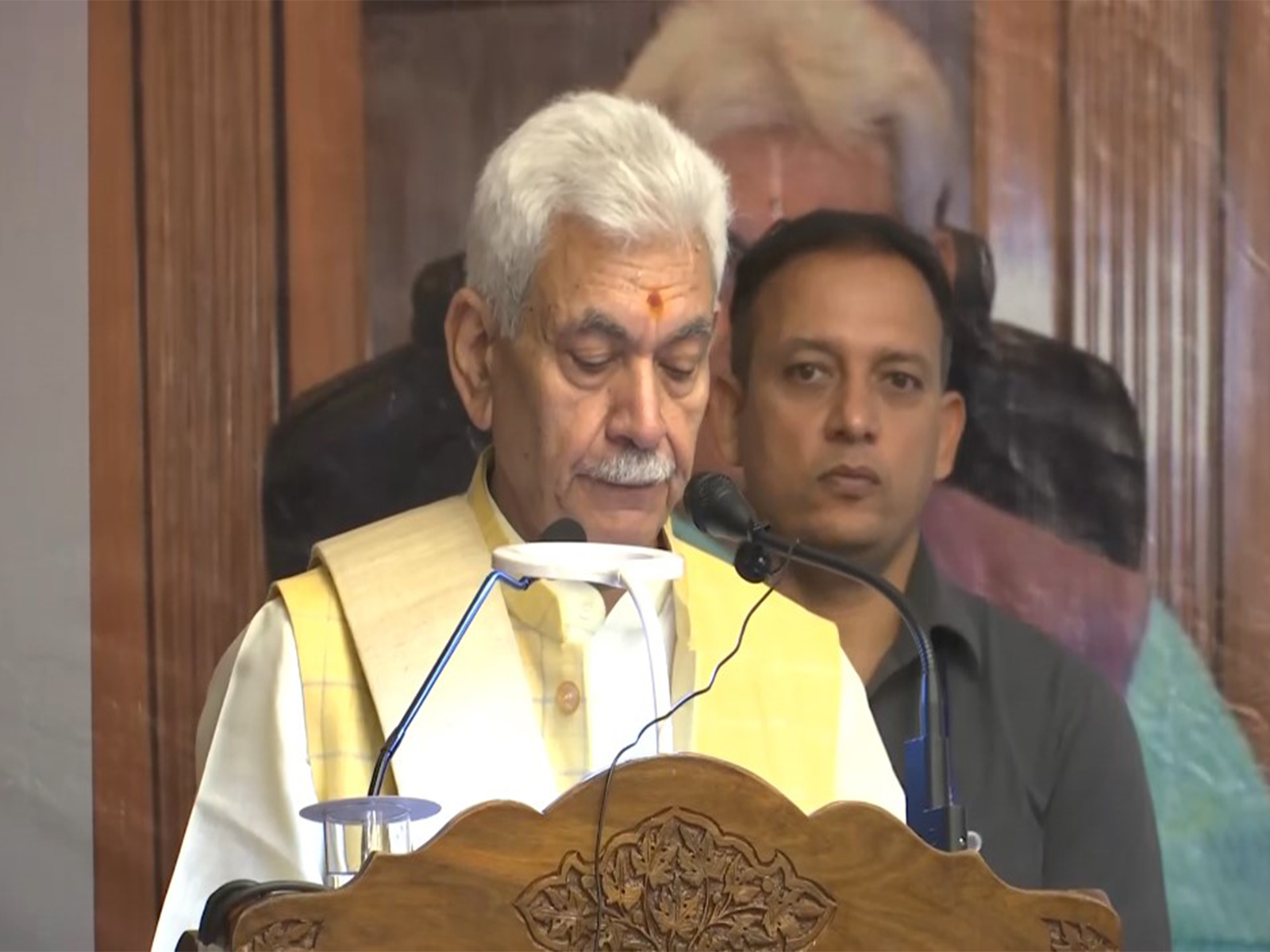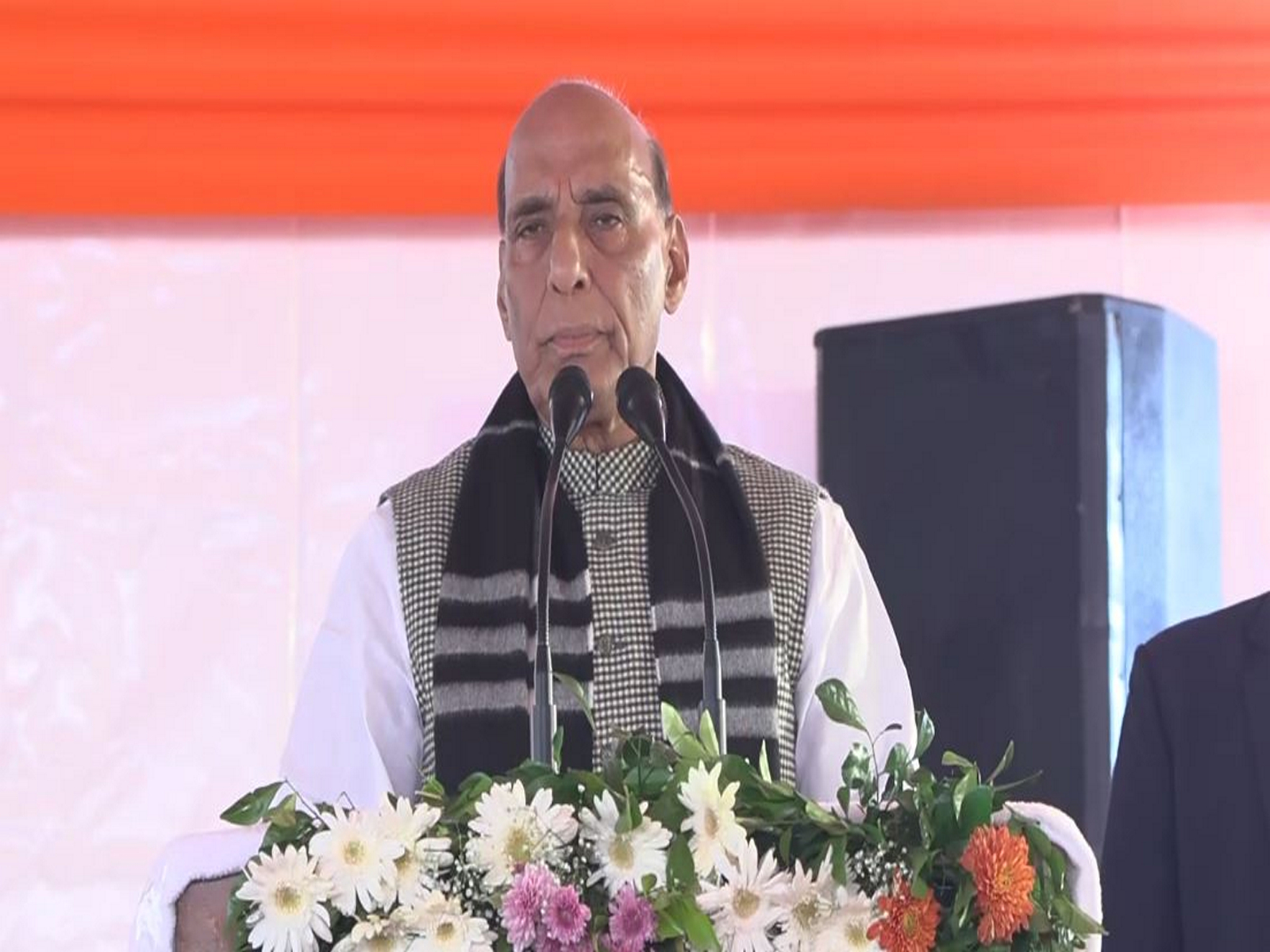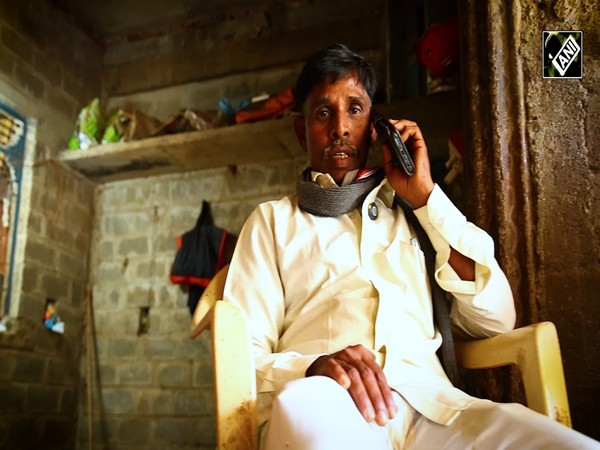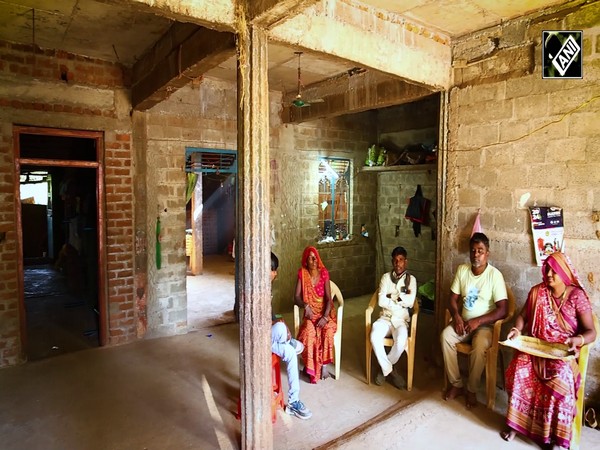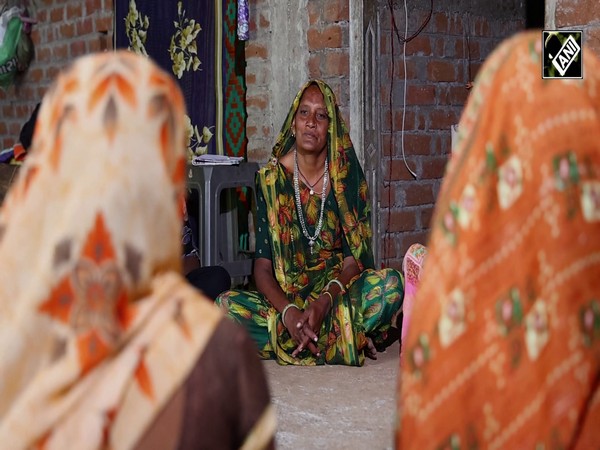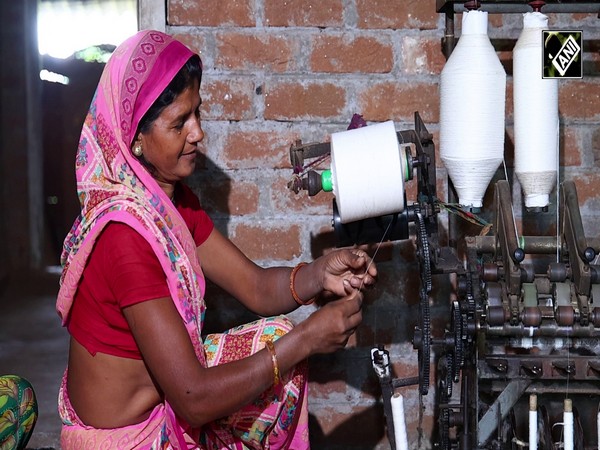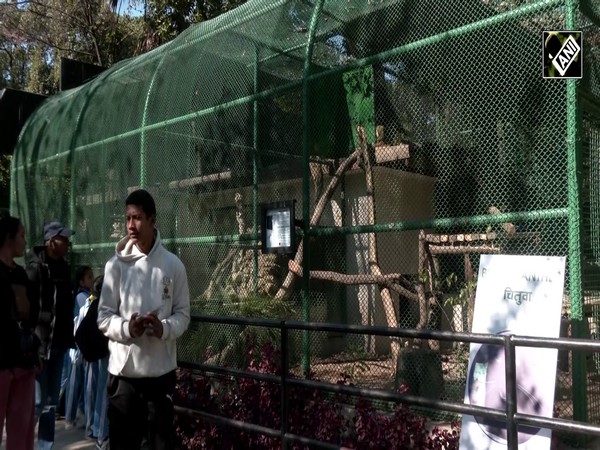Taliban warns of 'stern stance' if UNSC refuses to extend travel ban waiver
Aug 23, 2022

Kabul [Afghanistan], August 23 : In the wake of disagreements among the United Nations Security Council (UNSC) member states regarding the travel ban waiver, the Taliban officials warned that if the UNSC refused to extend the travel ban waiver, the decision would provoke them to maintain which will not be in the interest of anyone.
The United States, the United Kingdom, and France the three permanent members of the UNSC want to impose travel restrictions on Taliban officials whereas Russia and China, the other two permanent members of this council, are in favor of waiving up to 13 Taliban officials from their travel bans, Khaama Press reported.
The UN Security Council (UNSC) will reportedly vote on whether to extend the 13 Taliban officials' travel exemptions soon as the travel exemptions for the Afghan Taliban officials were set to expire on August 19.
However, the UNSC is reportedly sceptical over whether to extend the travel ban waiver or not.
Notably, the Taliban's Foreign Ministry spokesman, Abdul Qahar Balkhi, tweeted on Saturday that under the Doha Agreement all the sanctions against the Taliban should be rescinded and the Taliban officials warned that if the UNSC refused to extend the travel ban waiver, the decision would provoke them to maintain a stern stance which will not be in the interest of anyone, according to Khaama Press.
Even though 13 other Taliban officials had their travel ban waivers extended earlier for at least two months, which expired on August 19, two Taliban education officials had their travel rights revoked because the Taliban restricted women's and girls' access to education, last time.
Earlier, the UN Security Council (UNSC) gave leaders of the Islamic Emirate exemptions to travel bans to facilitate their negotiations with the US despite its long-standing international travel ban on the Taliban leaders.
Since the Taliban seized power in Kabul last year, the human rights situation has been exacerbated by a nationwide economic, financial and humanitarian crisis of unprecedented scale.
Acts of terror, killings, blasts and attacks have become a regular affair with unabated human rights violations involving ceaseless murder of civilians, destroying mosques and temples, assaulting women, and fueling terror in the region.
The Taliban dismantled the system to respond to gender-based violence, created new barriers to women accessing health care, blocked women's aid workers from doing their jobs, and attacked women's rights protesters.
With the US troops' withdrawal from the country, large-scale violence has been unleashed creating political uncertainty in different parts of the country. At least 59 per cent of the population is now in need of humanitarian assistance - an increase of 6 million people compared with the beginning of 2021, according to UNAMA.




